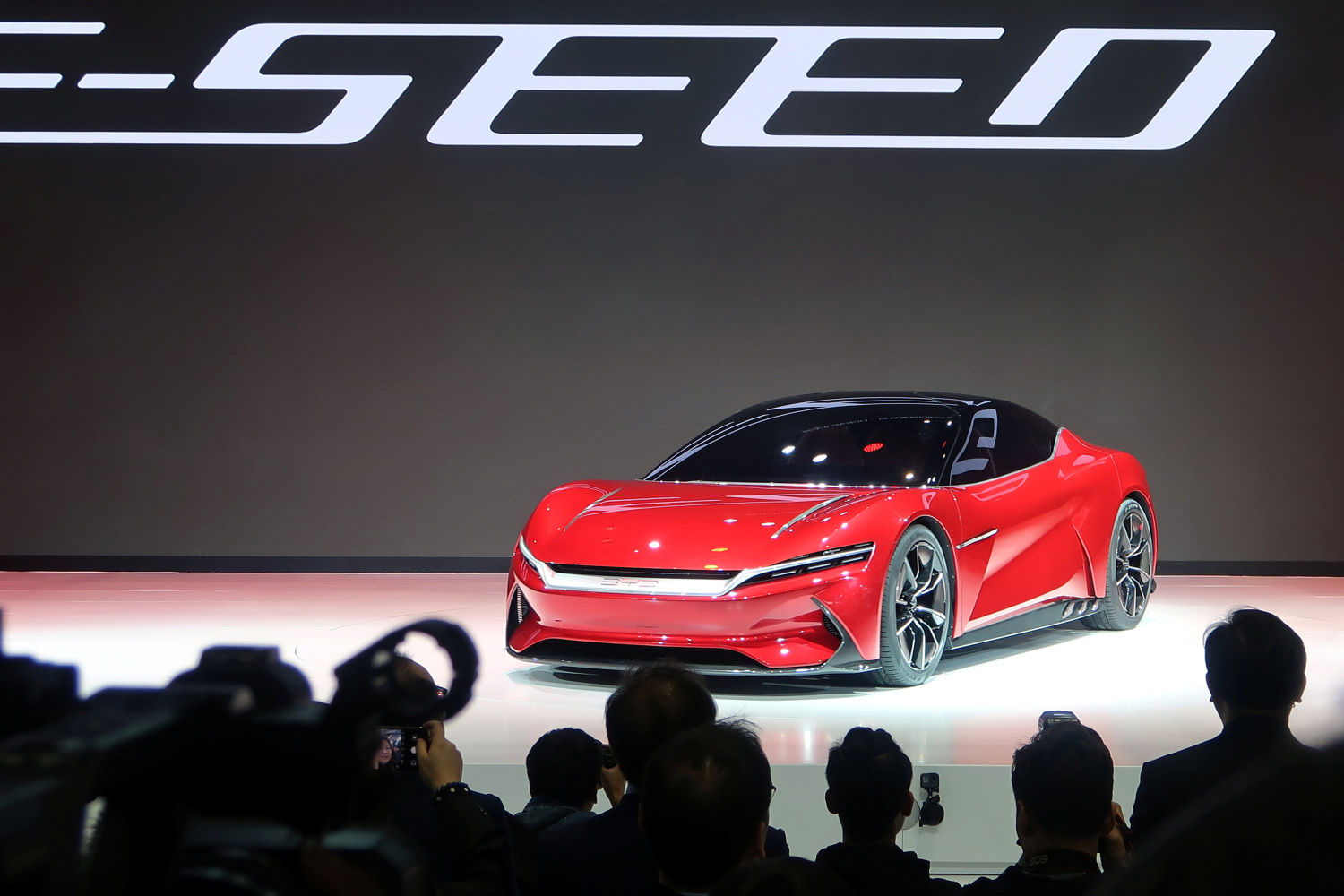China should learn from US sanctions and boost its independence in vehicle-related technology, ex minister says
(AF) China, the world’s biggest car market, should develop its own unified, open-source operating system for smart vehicles, and automotive chips to maintain its advantage in the electric vehicle industry, a former industry minister said on Friday.
Miao Wei, former minister for China’s Ministry of Industry and Information Technology, made the remarks at an industry conference in Shanghai.
China’s tech and vehicle industries are focusing on smart cars as well as new energy vehicles (NEVs) and electric vehicles (EVs).
The Harmony operating system of Chinese telecommunications firm Huawei Technologies can be used in vehicles as well as smartphones.
Huawei Technologies, with its phone business hobbled by US sanctions, partnered with Beijing-based EV manufacturer BAIC Blue Valley to launch a luxury EV equipped with Huawei’s smart driving system.
The car reinforced speculation that Huawei will eventually build its own cars, despite the company’s repeated denials.
‘SIGNIFICANT DECISION’
Chinese smartphone giant Xiaomi plans to invest $10 billion over the next decade in EVs. Billionaire founder Lei Jun called the new initiative “the most significant decision in Xiaomi’s history”.
Internet search engine Baidu has set up a joint venture with domestic carmaker Zhejiang Geely Holding Group to make smart EVs, while e-commerce giant Alibaba formed an EV joint venture with China’s biggest automaker, SAIC Motor Corp.
Ride-sharing giant Didi Chuxing partnered with automaker BYD to develop EVs designed for ride-hailing.
Chinese companies are going all out to develop the necessary technology for advanced smart cars. “NEVs and smart car technology remained the focus of the Shanghai Auto Show,” said Kelvin Lau, equity analyst at Daiwa Capital Markets.
Many companies are developing more advanced lidar – a method for determining ranges by targeting an object with a laser – to enable self-driving and other smart car features.
“We expect the auto-grade lidar market to reach $2.4bn in 2025,” Lau said. He expected Chinese companies to sell lidar units for less than $300 by then.
Lau said he was particularly bullish about Great Wall Motor’s smart car plans.
With reporting by Reuters
ALSO SEE:
Huawei teams up with Changan Auto, CATL for premium smart car
Hyundai Motor Group planning EV venture with Apple, papers say
























